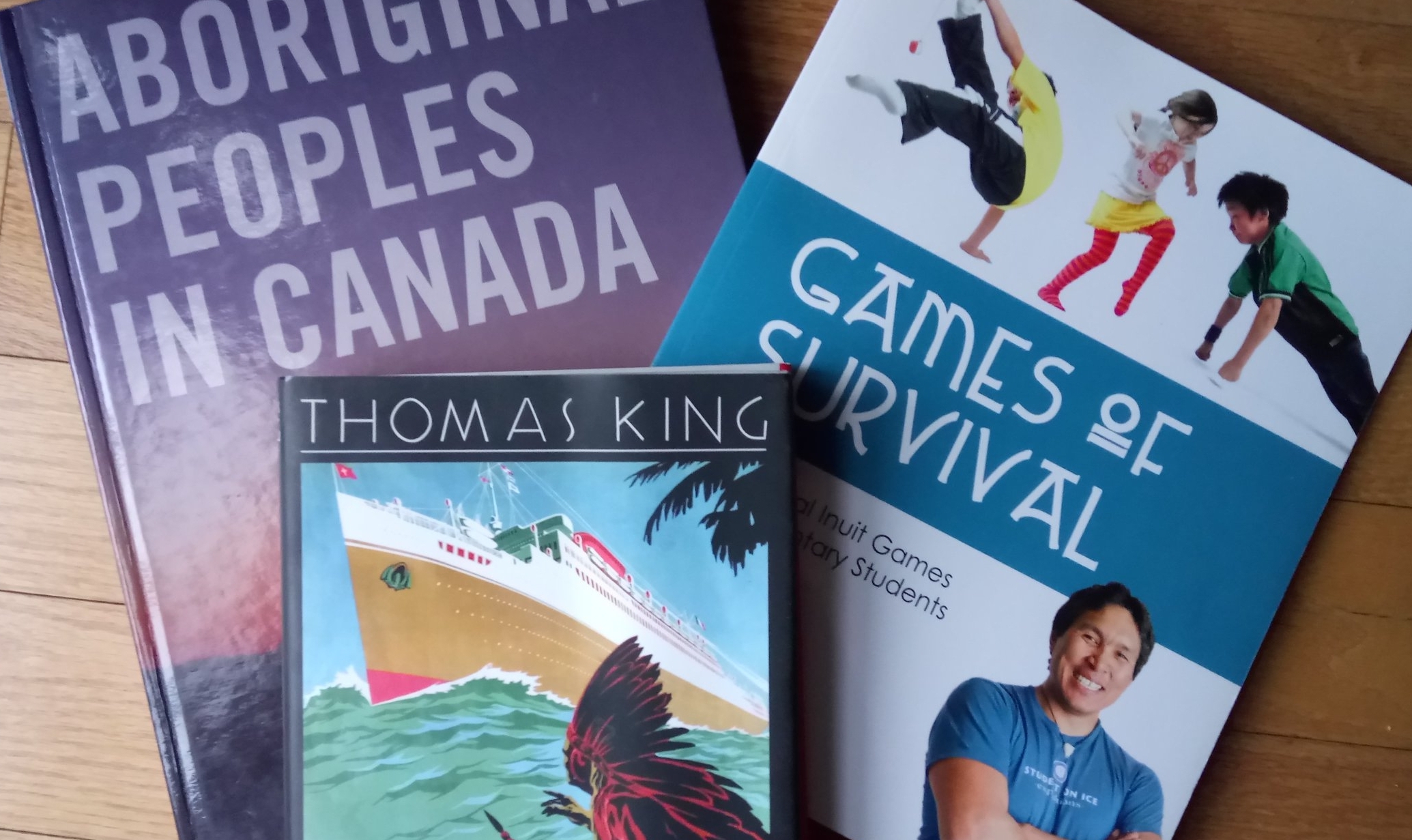I was not surprised last month when a story emerged from Alberta that non-Indigenous teachers lack confidence and are afraid of making a mistake when speaking about Residential Schools and other Indigenous topics. In the research I completed for my Ph.D. dissertation, I worked with a team of Indigenous and non-Indigenous professors, instructors and grad students at OISE/UT to assess the willingness and readiness of teacher candidates to take up Indigenous content in their teaching.
The exact same findings came up again and again...candidates, even those who saw the need to expose Indigenous content and perspectives to all students, felt scared and intimidated, with their main concern being "making a mistake".
This doesn't surprise me at all. When I look back at my elementary and secondary schooling in Ontario, I now know that most of what I learned about Indigenous peoples dehumanized them, and in many instances was just plain wrong. As teachers, it is a formidable task to not only learn the new material, but also to identify and unlearn our own misconceptions and the stereotypes we hold.
What I saw when I looked at the feedback from individual teacher candidates in our study over the year is that some reported a lowering a confidence over the course of their B.Ed. program because the new material they were learning about Indigenous peoples and communities was far more complex than they had anticipated (remembering that some thought their learning would consist solely of Indigenous pedagogies to benefit all students, rather than critical approaches to past and ongoing colonization).
The lack of confidence and perceived complexity doesn't mean we shouldn't do this teaching ...indeed, I agree with my friend and mentor Dr. Jean-Paul Restoule that non-Indigenous teachers have a profound responsibility to take up this work. As non-Indigenous teachers, we are inheriting an education system that was responsible for the genocide of Indigenous peoples. I feel a strong responsibility address that in any way I can.
So what can break through this confidence barrier?
During our research, my colleague Nancy Steele, a long time social justice educator in Toronto and instructor in the B.Ed. program at OISE/UT, designed a mandatory assignment for her teacher candidates. To complete it, teacher candidates simply had to create a mini lesson plan around a picture book by an Indigenous author, and which included Indigenous themes. They then had to read the book to their students, and complete the lesson. It may sound simple, but many teacher candidates told us that taking that one leap demonstrated to them that they could do this teaching, and opened the door for them to include more Indigenous content with their students.
I've heard practicing teachers say the same thing. They decide to read a book, perhaps fatty legs or Shi-shi-etko, and they are surprised to find their students engaged and asking questions to deepen their learning. Some teachers also tell me that experiences like this have led them to realize how much resistance to this teaching they had, where they had formerly placed that on their students, believing they would not be interested.
So now what?
If you are a practicing teacher, going back to a B.Ed. program and taking a class with Nancy probably isn't an option. What I've learned from my coaching practice is that motivating people to make this kind of change isn't about self-discipline, and approaches like self-shaming ("I'm a bad person if I don't do this teaching NOW") aren't going to work either. Rather, it's about creating accountability for yourself through relationship.
Are there other teachers in your school wanting to do this work? Are they interested in co-planning or for a weekly check in on how your goals are going?
If not, and you are looking for support, feel free to reach out.
